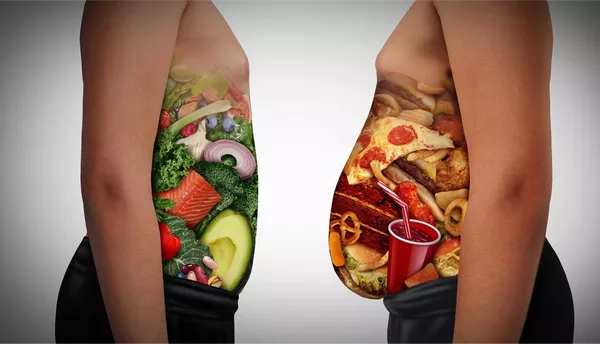The Western diet, characterized by high consumption of processed foods, is linked to an increased risk of chronic diseases like diabetes, obesity, and heart disease. While the harmful effects of processed foods are well documented, a growing body of research is investigating the role of ultra-processed foods in altering the gut microbiome, potentially contributing to these health issues.
A recent review, published in [Journal Name], examined existing studies investigating the impact of ultra-processed foods on the gut microbiome. The study focused on clinical trials and observational studies that used the NOVA food classification system to categorize foods based on their level of processing.
The review found limited but compelling evidence suggesting that ultra-processed foods can alter the gut microbiome. Two studies showed that higher consumption of ultra-processed foods was linked to an increase in Prevotella species and a decrease in Ruminococcus and Lachnospira species. These findings are particularly interesting as Prevotella is associated with animal-based diets, while Ruminococcus and Lachnospira are linked to plant-based diets.
The review also highlighted the challenges in accurately classifying foods as ultra-processed. Many studies lack detailed methods or sufficient information to reliably determine the impacts of ultra-processed foods on the gut microbiome.
Findings related to fast foods revealed an increase in bile-tolerant bacteria like Bilophila wadsworthia and a decrease in fiber-fermenting bacteria like Butyricicoccus and Lachnospiraceae species. This suggests that fast foods may disrupt the balance of gut bacteria, potentially contributing to digestive issues and other health problems.
The researchers emphasized the need for more robust studies with clear methodologies and detailed food classifications. This will be crucial for understanding the long-term effects of ultra-processed foods on the gut microbiome and overall health.
Despite the limitations of current research, the review provides a valuable starting point for investigating the complex relationship between ultra-processed foods and the gut microbiome. Further research is needed to confirm these findings and develop strategies to mitigate the potential risks associated with the consumption of ultra-processed foods.
Related Topics:



















